The Digital Humanities Summer Speaker Series at Musselman Library is generously funded through a Presidential Leadership Grant from The Andrew W. Mellon Foundation. For information about the series or speakers, please email R.C. Miessler at rmiessle@gettysburg.edu.
Mechanical Mazes: Immersion and Interactive Storytelling in Video Games
Presented by Greg Lord, Software Developer and Designer
Tuesday, July 6, 10am EDT
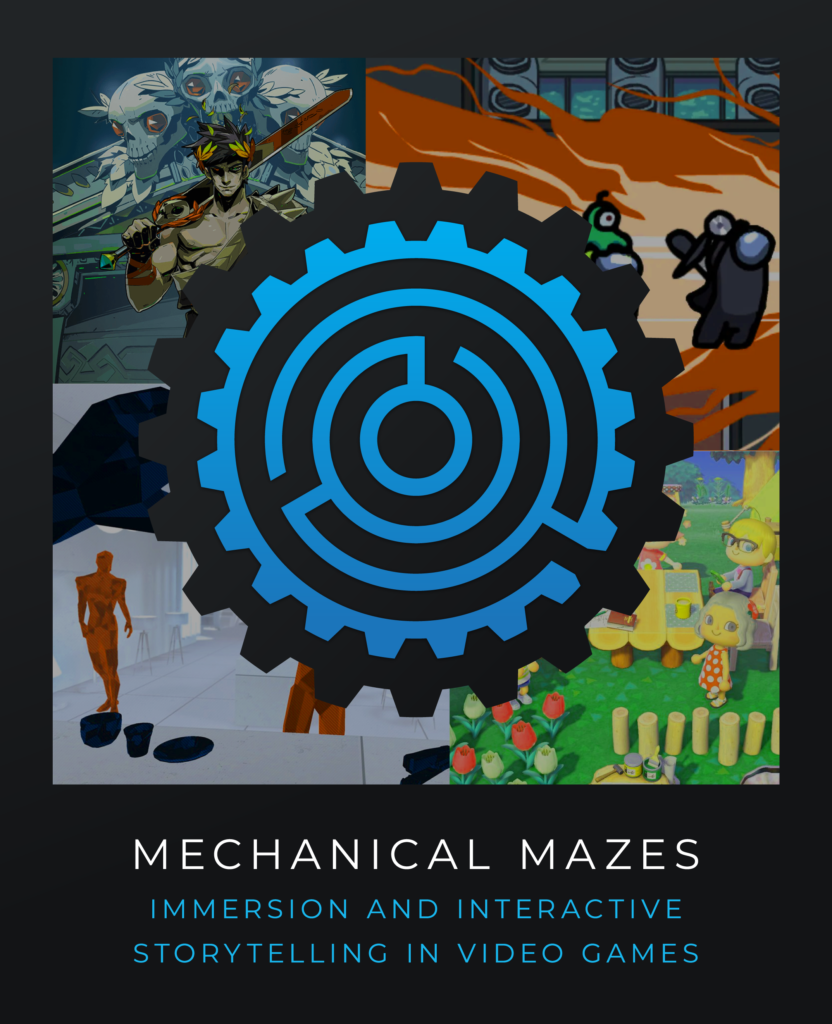
As a narrative medium, video games benefit from the technologies and affordances of every type of storytelling, from textual to visual and, uniquely, interactive. This presentation will focus on the variety of narrative techniques game designers use to create a feeling of immersion and embodiment within their worlds, whether the identities they facilitate are fictional or even the player’s own. From the earliest video games to the modern innovations of online communities and mixed reality, these immersive techniques and technologies have created a narrative toolset that can be anything from escapist to deeply personalized — and, most recently, have even given us shared worlds to build and inhabit together when the circumstances of the “real world” forced us all apart.
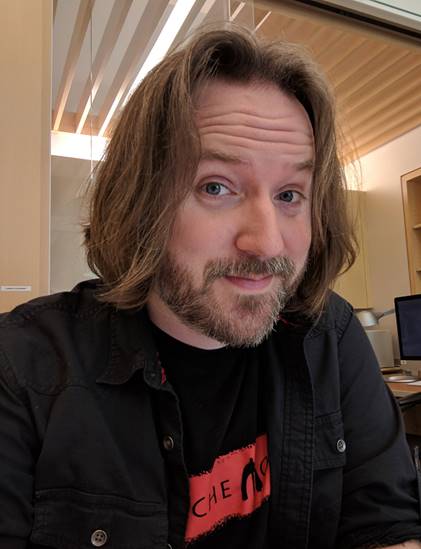
Greg Lord is a software developer and designer specializing in interactive media. As an academic software engineer, Greg has been part of the creative and development teams at the Maryland Institute for Technology in the Humanities, the Digital Humanities Initiative at Hamilton College, and the Computer Training Center at NASA Headquarters. Greg helps lead creative development teams facilitating everything from games jams to film festivals and interactive virtual reality worlds and events. He is Design Lead and Co-VR Lead of vgmtogether (Video Game Music Together), Creative Lead of the Virtual Harbor VR development team, and a virtual reality development staff member at MAGFest (Music and Gaming Festival).
Data Visualization for Social Justice: The Case of Torn Apart/Separados
Presented by Dr. Roopika Risam, Associate Professor of Secondary and Higher Education and English at Salem State University
Tuesday, July 13, 10am EDT
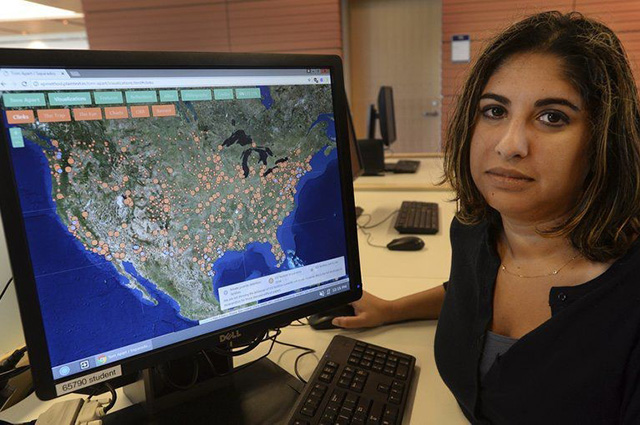
How can data visualization be used for social justice? This talk discusses the work of the team behind Torn Apart/Separados, a rapid response research project that addressed the family separation crisis at the U.S.-Mexico border that began in 2018.
Roopika Risam is Chair of Secondary and Higher Education and Associate Professor of Education and English at Salem State University. She also serves as the Faculty Fellow for Digital Library Initiatives, Coordinator of the Graduate Certificate in Digital Studies, and Coordinator of the Combined B.A./M.Ed. in English Education. She is the author of New Digital Worlds: Postcolonial Digital Humanities in Theory, Praxis, and Pedagogy (Northwestern UP, 2018).
Her research interests lie at the intersections of postcolonial and African diaspora studies, humanities knowledge infrastructures, and digital humanities. She is currently developing The Global Du Bois, a data visualization project on W.E.B. Du Bois. She also co-directs Reanimate, an intersectional feminist publishing collective that recovers archival writing by women in media industries, and co-hosts Rocking the Academy, a podcast featuring conversations with the very best truth tellers, who are formulating a new vision of higher education. She is also a founding member of The Data-Sitters Club and co-editor of Reviews in Digital Humanities.
Annotating Violence: Using 3D Historical Reconstructions for Curating Evidence of Crimes in Apartheid Era South Africa, 1976-1989
Presented by Dr. Angel David Nieves, Professor of Africana Studies, History, Digital Humanities, and English, and Director of Public Humanities at Northeastern University
Tuesday, July 20, 10am EDT
Recording available to Gettysburg College students, faculty, and staff
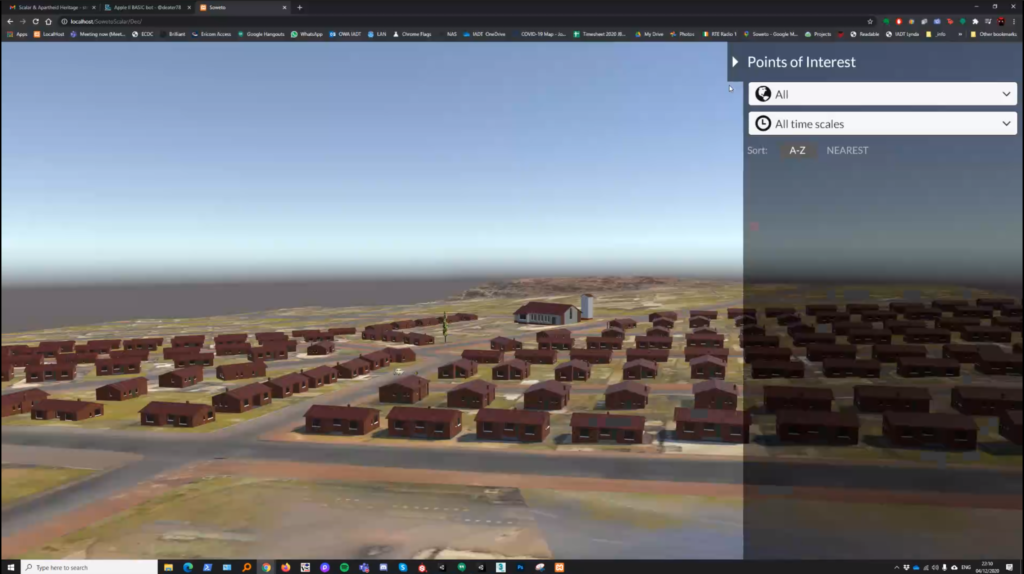
Nieves will discuss his work on a large-scale digital book project, Apartheid Heritage(s): The Spatial History of South Africa’s Townships, that features use of the Scalar publishing platform integrated with the Unity gaming engine for modeling 3D historical reconstructions. In December 2020, his team realized the full integration of Scalar with 3D models allowing for a new annotation system for projects in spatial history. Nieves will discuss his efforts to document human rights violations in South Africa under apartheid, and the use of 3D historical reconstruction models combined with multimodal forms of evidence, including court testimony, to tell these difficult histories online as a form of reparative justice.
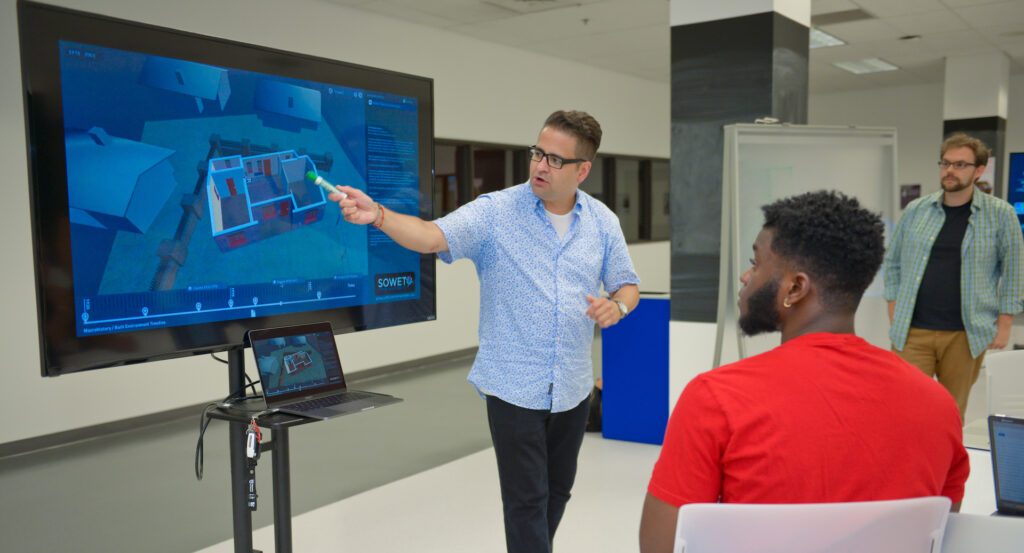
Angel David Nieves, Ph.D., is Professor of Africana Studies, History, English, and Digital Humanities at Northeastern University. He is the co-editor of “We Shall Independent Be:” African American Place Making and the Struggle to Claim Space in the U.S. (2008) and author of An Architecture of Education: African American Women Design the New South (2018). Nieves has received support for his work from the National Endowment for the Humanities (NEH), the Andrew W. Mellon Foundation, the National Historical Publications & Records Commission (NHPRC) and Yale University, and while Co-Director of the Digital Humanities Initiative (2009-2017) at Hamilton College he helped raise over $2.7 million dollars (w/Janet Simons) in research support for interdisciplinary digital scholarship with undergraduates as research project collaborators. Nieves is also working with Dr. Jess Linker (Project Lead) and an interdisciplinary team of students at NU on the 3D Black Boston Project that uses immersive technologies to reconstruct heritage sites related to Boston’s nineteenth-century African-American community.
We’re All Bad at Most of Digital Humanities
Presented by Quinn Dombrowski, Academic Technology Specialist in the Division of Literatures, Cultures, and Languages at Stanford University
Tuesday, July 27, 9am EDT (Note: 1 hour earlier than normal)
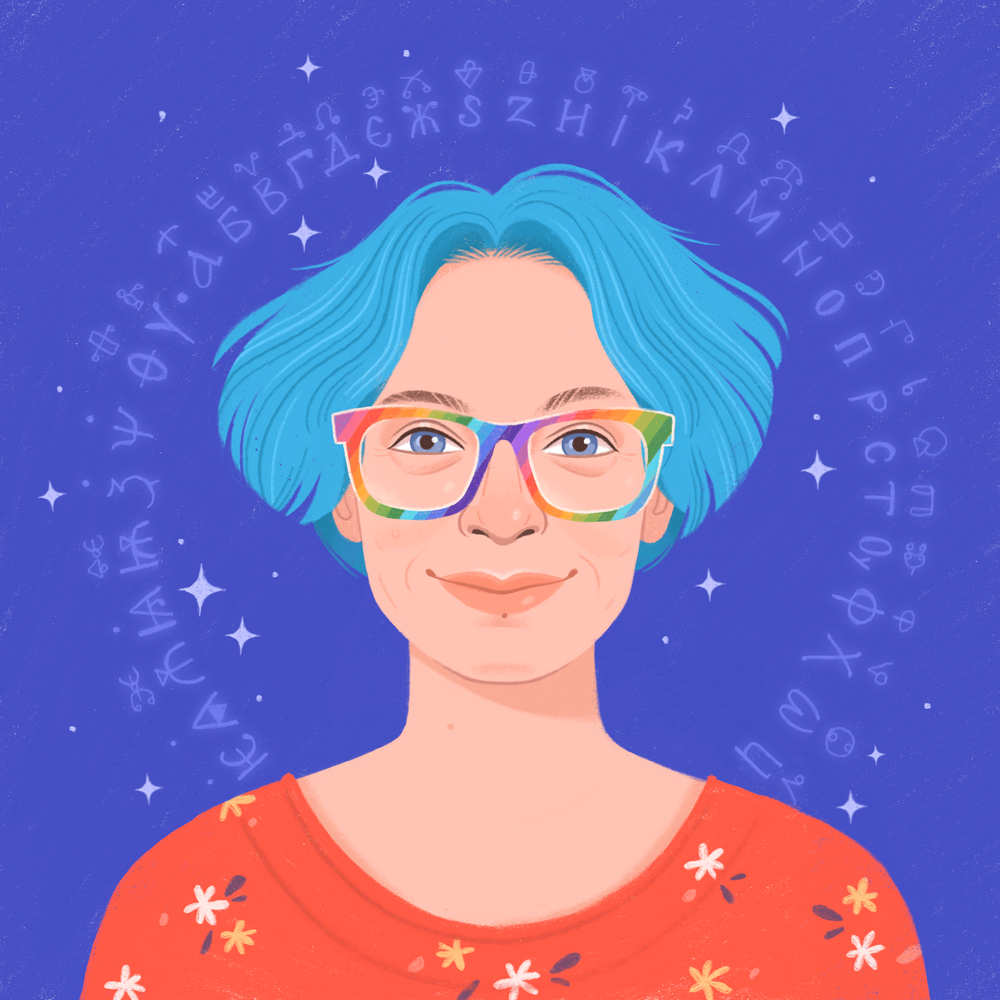
Paraphrasing the prominent digital historian Scott Weingart, “we’re all bad at most of digital humanities.” This is equally true of undergraduates and scholars who have devoted their entire careers to working in this field. This talk will share an “insider” perspective of what it’s like to do DH — particularly multilingual DH — collaboratively and in public, with failure and success equally on display. While this talk will draw on experiences with fun-infused computational text analysis (via the “Data-Sitters Club” project), it will also touch on real experiences with failure in web-based digital projects, as well as large-scale digital humanities infrastructure initiatives, tying it all together with the common threads of failure and resilience.
Quinn Dombrowski is the Academic Technology Specialist in the Division of Literatures, Cultures, and Languages, and in the Library, at Stanford University. Prior to coming to Stanford in 2018, Quinn’s many DH adventures included supporting the high-performance computing cluster at UC Berkeley, running the DiRT tool directory with support from the Mellon Foundation, writing books on Drupal for Humanists and University of Chicago library graffiti, and working on the program staff of Project Bamboo, a failed digital humanities cyberinfrastructure initiative. Quinn has a BA/MA in Slavic Linguistics from the University of Chicago, and an MLIS from the University of Illinois at Urbana-Champaign. Since coming to Stanford, Quinn has supported numerous non-English DH projects, taught courses on non-English DH, started a Textile Makerspace, developed a tabletop roleplaying game to teach DH project management, explored trends in multilingual Harry Potter fanfic, and started the Data-Sitters Club, a feminist DH pedagogy and research group focused on Ann M. Martin’s 90’s girls series “The Baby-Sitters Club”. Quinn is currently co-VP of the Association for Computers and the Humanities along with Roopika Risam, and advocates for better support for DH in languages other than English.